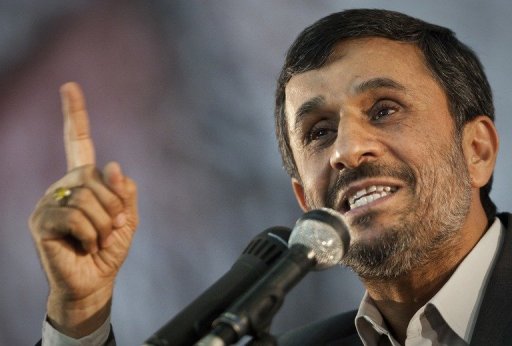Volunteers confront myths, misconceptions and suspicions about sex
Shebin El-Kom, Menufiya Governorate: When six teenage volunteers helped launch a sexual health center for youth in this conservative farming town three years ago, many of the locals were suspicious.
Instead of lauding the teens’ efforts to educate young people and bust long-held myths about sex, some in this community an hour’s drive north of Cairo accused them of promoting promiscuity and immoral behavior.
“Some parents rejected us during the beginning of the project, recalls volunteer Sarah Gamal, now 18.
“In the beginning, people were shy, because the sign [out front] says ‘family planning,’ so it was taboo.
During early outreach sessions held in the town’s schools, some teachers told their students that the volunteers promoted false information and were “bad people.
Despite the adversity, however, the young crew pushed on. They continued to visit schools, consult with curious teens and tackle controversial issues like female circumcision, contraceptives and sexually transmitted diseases.
“Usually, at the beginning, people were making fun of us and saying that we were ignorant, says 19-year-old Mona Kotb during a recent afternoon meeting with her fellow volunteers.
“We spoke very lightly about things, and started convincing them through religious proofs.
The efforts seem to be paying off.
The volunteers now get close to 300 visitors per month at their small second-floor clinic – which boasts a collection of books about reproductive health, Internet terminals, and a video setup, which the teens use for presentations.
Meanwhile, the tightly knit group continues to do outreach work with schools, families and local religious leaders, who help them with their message by providing advice from the Quran.
“It’s made a difference in the area, says 19-year-old Ahmed Ashoush, who adds that younger generations growing up also need to be educated.
The center is part of a national program called “Meeting Youths’ Needs in Reproductive Health, and is coordinated by the Egyptian Family Planning Association (EFPA), a United Nations-sponsored group dedicated to reproductive health education.
The program was started after a series of national surveys found that many young people in Egypt were in the dark about reproductive health.
The organizers opened four clinics in four governorates, says Hana Fahmy, who works with the EFPA.
“Usually, they have the wrong ideas about reproductive health, and we’re trying to teach them all the right thoughts, she says.
The EFPA picked three young men and three young women in each region, trained the teens and their parents in reproductive health education, and gave them a mandate to help spread information throughout their communities, explains Fahmy.
“We find that the youth are very enthusiastic, she says, adding that four more clinics opened last year.
Volunteer Asmaa Saafan, 22, says most of the clinic’s visitors are young and single, and they “ask about general things like diseases – and about their future.
They also ask about Islam and its role in sex, marriage and contraceptives. For example, many young people wonder whether family planning and the use of contraceptives is haram (forbidden) or halal (permissible).
Misconceptions are also still very common.
“[Youth] come to the clinic and they don’t know what sexually transmitted diseases are, and they think that AIDS is only transmitted through sex, explains Ashoush.
For example, some feel that Islam mandates female circumcision for purity, or that the Quran teaches that young people should be married as early as possible.
For questions like this, the volunteers look to the Quran to explain that being ready for marriage has economic and emotional implications as well as physical ones.
While the program has helped out the community, it’s also provided a chance for the volunteers to learn, grow and gain communication skills.
Recently, some of the volunteers traveled to Syria to give a lecture in Damascus, and working through NGOs and other groups has given them a chance to make important contacts.
“We’ve gained a lot of communication skills, says Ahmed Ali, 20.
Although the funding for the program runs out at the end of the year, the volunteers have already started lobbying Unicef, Unaids and UNDP for cash injections.
“It’s the nature of Egyptian guys to work [towards] a goal, says Ashoush.
“The experience I get keeps me motivated.

